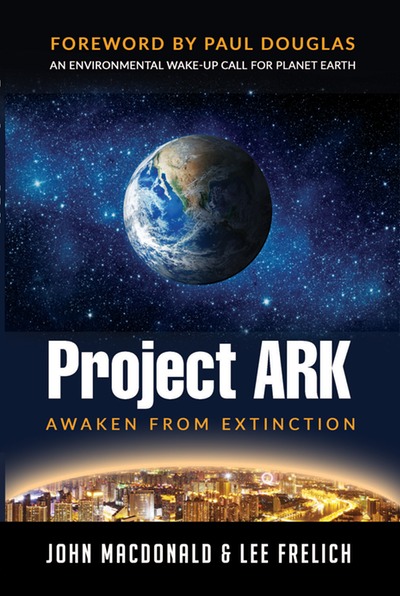Many people contributed to the development of this book including many scientific experts who helped us shape the story line.
We owe a special debt of gratitude to Tom Overton (retired NASA Shuttle Processing Manager), Dean Pannel (concept developer and futurist), Eric Milbrandt (Marine Laboratory Director of the Sanibel Captiva Conservation Foundation), Craig Tepper (research associate and Chair of the Cornell College Department of Biology), Miriam Scanlon, Barry ZeVan, John Toren, and Michael Bondi.
PLEASE VISIT OUR NEWS PAGE FOR ARTICLES RELATED TO THE SCIENCE BEHIND OUT FILM
THE SCIENCE
The book depicts in a realistic and compelling manner how humans make use of their advanced understanding of scientific principles to overcome seemingly insurmountable obstacles to survival. It emphasizes scientific accuracy, which is integral to the rest of the narrative and is fundamental in presenting the story as theoretically possible.
The story centers around a massive geo-engineering project that can best be described as the intentional large-scale manipulation of the earth's atmosphere to counter the effects of global warming. Scientists have for years pondered various Plan B scenarios but until recently the potential risks have been deemed too great, weighed against the chances for success. The most talked about technologies involve the deployment of vast quantities of reflective materials into earth's orbit to deflect solar rays. But like most other plans currently on the drawing board, the results would be temporary at best and would not address the root cause – the imbalances between carbon, oxygen, and methane.
The geo-engineering project presented in Project Ark is based on currently understood scientific principles that with further research and effort could potentially offer a technological remedy to a worst-case environmental disaster. The story's cutting edge approach to long-term preservation of DNA for re-introduction back to life is well within potential scientific feasibility and will play a much more important role in the not-too-distant future as more and more species are faced with imminent extinction and loss of natural habitat.
